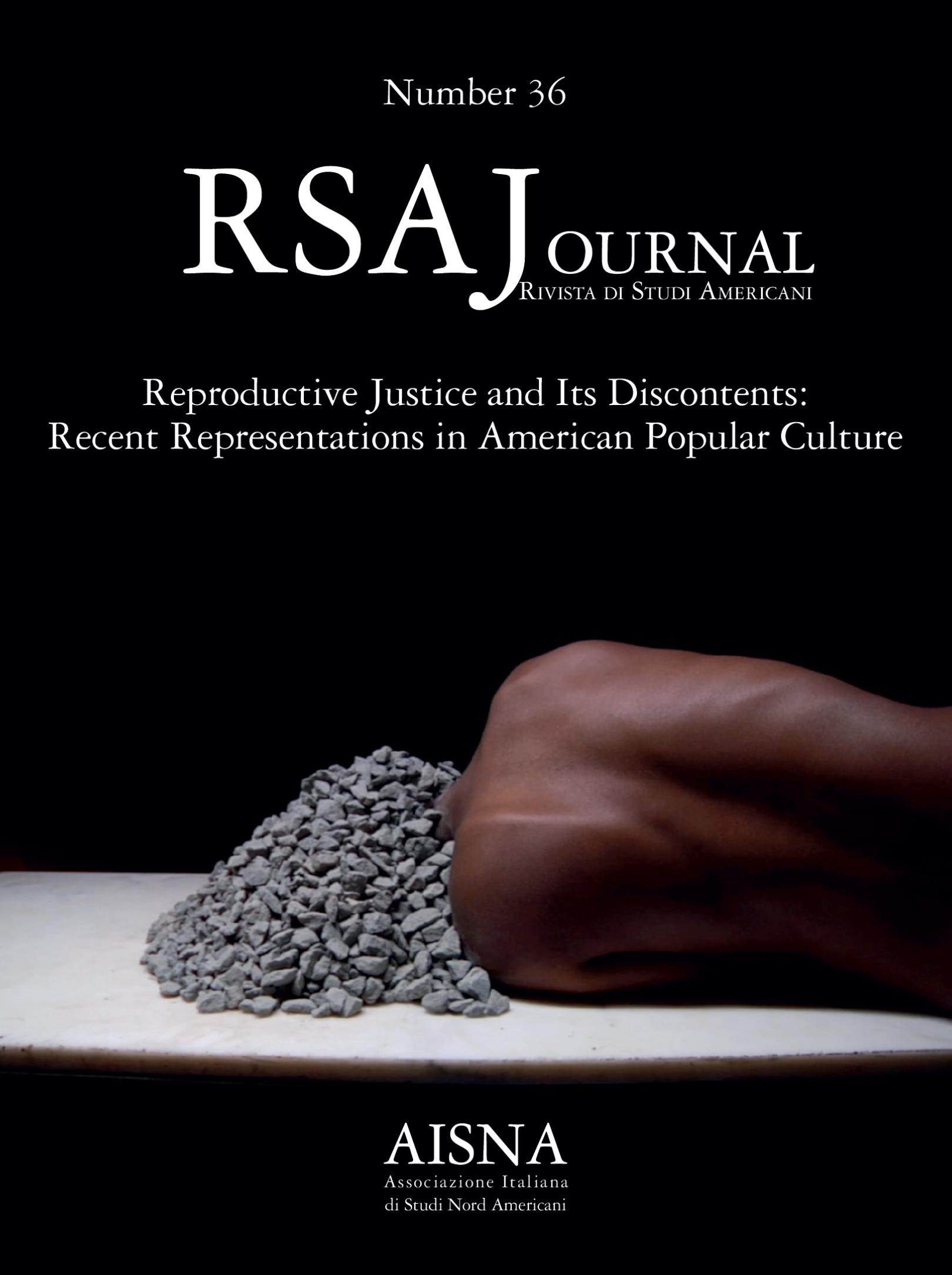The Thirteenth Amendment and Pan-American Emancipation
DOI:
https://doi.org/10.13135/1592-4467/11734Keywords:
Emancipation, Thirteenth Amendment, Lyons-Seward Treaty, Spanish Abolition, Latin American AbolitionAbstract
The year 2025 marks the 160th anniversary of the ratification of the Thirteenth Amendment to the US Constitution, which finalized the total and immediate emancipation of the entire enslaved population of the newly reunited nation. The motivation behind the Lincoln administration’s emancipation policy was a combination of practical advantages and humanitarian idealism. The Emancipation Proclamation, issued in September 1862 and enacted in January 1863, played a crucial role in the Union’s effort to thwart European intervention on behalf of the Confederacy. The response of European liberals, notably Giuseppe Garibaldi, signaled a shift of popular sympathy abroad for the Union cause. Emancipation also entailed provisions for enlisting free and enslaved African Americans in the Union armed forces. They contributed about ten percent of the army, a vital addition that came at a crucial time in the war. Their service also helped lay the groundwork for claims to full citizenship after the war. The idea of a Constitutional amendment to definitively end slavery in the nation emerged after Lincoln’s landslide reelection in 1864, which Republicans viewed as a popular mandate for emancipation. The Thirteenth Amendment was the first of three Reconstruction-era amendments designed to enfranchise formerly enslaved people as full and equal citizens of the nation. Its rapid passage through Congress in January 1865 and its ratification by the states in December of that year were energized by a new commitment to the radical reconstruction of the South. By this act, four million humans were set free, the largest emancipation of its kind in history. It also signaled the end of slavery in its remaining bastions, the Spanish Caribbean and Brazil in particular, which held close to two million workers in slavery. The Union victory, Abraham Lincoln’s martyrdom, and the example set by US emancipation energized abolitionists in Spanish America, Brazil, Spain, and Europe to bring slavery to an end. Furthermore, US foreign policy under William Seward became deliberately antislavery during the Civil War. His successor, Hamilton Fish, exerted pressure on Spain to put slavery on the road to extinction. The impact of events, people, and ideas coming out of the American Civil War had immense and lasting influence on the world, not least in bringing slavery to an end.
Downloads
Published
Issue
Section
License
Copyright (c) 2025 Don H. Doyle

This work is licensed under a Creative Commons Attribution-NonCommercial-NoDerivatives 4.0 International License.
RSAJournal applies a CC BY-NC-ND license to all its contributions. This license enables reusers to copy and distribute the material in any medium or format in unadapted form only, for noncommercial purposes only, and only so long as attribution is given to the creator. CC BY-NC-ND includes the following elements:
- BY: credit must be given to the creator.
- NC: Only noncommercial uses of the work are permitted.
- ND: No derivatives or adaptations of the work are permitted.
Authors who publish with this journal agree to the following terms:
- Authors retain the copyright and full publishing rights for their submissions to the journal.
- Authors grant the journal right of first publication with the work simultaneously licensed under a Creative Commons Attribution-NonCommercial-NoDerivatives 4.0 International License that allows others to share unedited work for non-commercial purposes with an acknowledgement of the work's authorship and initial publication in this journal.
- Authors are able to enter into separate, additional contractual arrangements for the non-exclusive distribution of the journal's published version of the work (e.g., post it to an institutional repository or publish it in a book), with an acknowledgement of its initial publication in this journal.




